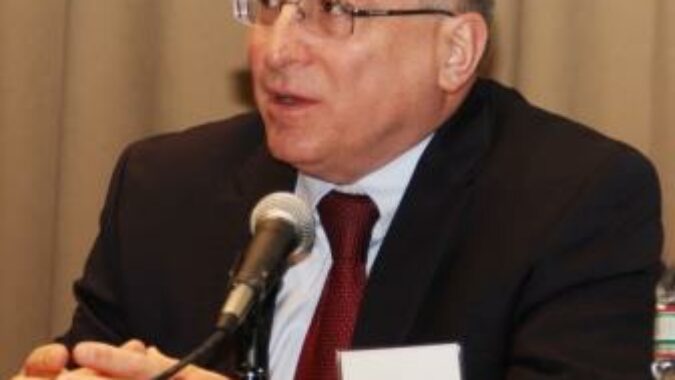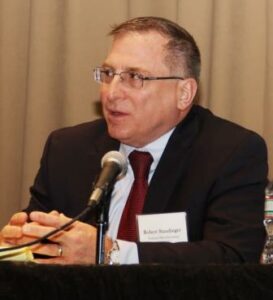If you want to know what manufacturers need to thrive in New Jersey, ask them.
That was the premise behind the panel discussions at the first State of the State of Manufacturing Summit last week, and the discussions surrounded two of New Jersey’s biggest issues: workforce development and taxes. For manufacturing to thrive in the future, New Jersey must address its tax climate, and manufacturers have to get directly involved in educating and training tomorrow’s workforce.
The problems are well known: Manufacturers are struggling to find workers with the right qualifications, while additional reforms are needed to New Jersey’s tax structure. Two of the panel discussions were aimed at finding solutions. The first was on workforce development and was moderated by NJBIA Chief Government Affairs Officer Melanie Willoughby; the second was on taxation and fees, and was moderated by NJBIA Vice President Andrew Musick.
Panelist Bob Staudinger has already accomplished a great deal on workforce training. As president and CEO of National Manufacturing in Chatham, he worked with Camden County College, the NJ Community College Consortium for Workforce and Economic Development, and the NJ Department of Labor and Workforce Development (LWD) to create a basic metalworking training program that addressed the specific needs of his business and manufacturers like it.
Participants are interviewed before going into the program, he explained, and then are set up with a job opportunity after they complete it. “It’s considered on-demand training,” he said.
Staudinger also challenged other businesses to get involved, not just with training programs, but education in general. County vocational-technical schools are providing excellent programs in advanced manufacturing, but they need employers’ help to make sure they teach students applicable skills. Likewise, manufacturers have to reach out to students, their parents and high school guidance counselors to discuss the career opportunities manufacturing offers.
“We have to be responsible for ourselves; we can’t wait for government to do it,” Staudinger said. “We have to let government know what we need, and we have to participate. We have to be active.”
Taxes are never popular with anyone, least of all business owners. However, Cliff Lindholm, III and Brian Neuwirth cited recent tax reforms that are positive for manufacturers.
Neuwirth, president of UNEX Manufacturing in Lakewood, pointed to last year’s repeal of the New Jersey estate tax as a good start. He noted that many manufacturers are small businesses, such as S-corporations and LLCs, where the change in estate taxes can have a big impact.
“I think it gives us a reason to stay in New Jersey and not go somewhere else when the main owner retires,” Neuwirth said.
Lindholm is president and CEO of Falstrom Company, which has been operating in New Jersey since the 19th century. He pointed to the increase in individual fees and permit requirements that, in isolation, may not be a lot of money, but can present a tremendous competitive disadvantage when added together.
On the positive side, Lindholm said, the state has recognized that the inputs to manufacturing processes like resources and energy are important to the economy, and taxes and fees on those have been reduced.
“Those additional costs on the inputs of our operation just go to make our products more expensive than in other states,” Lindholm said.




